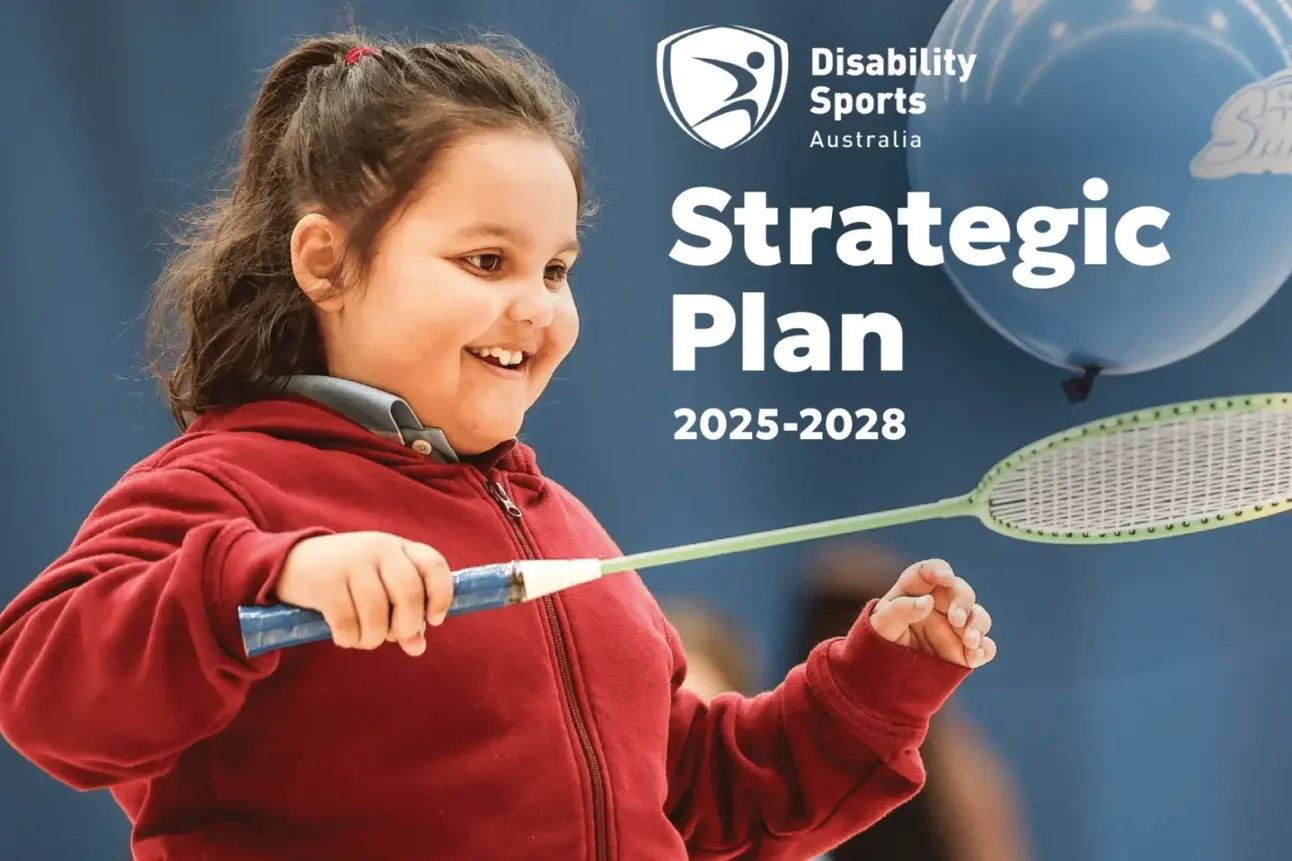
Particpation in sport needs to be about more than just focusing on achievement at the Paralympics. Peak body Disability Sports Australia is trying to change that by making sport a part of the everyday lives of People with Disability.
Disability Sports Australia is unveiling a bold new game plan as part of its Strategic Plan for the next three years, promising to shake up how Aussies with disability get involved in sport.
The plan marks a major shift, with the organisation moving from a behind-the-scenes role to actively driving programs that boost participation from the ground up.
Backing the push is private health insurer Bupa which is teaming up with DSA to help break down the barriers that keep too many People with Disability sidelined.
According to DSA Co-Chair Dr. Renae Domaschenz, the plan represents the organisation's evolution from merely serving as a peak body to actively building sporting capabilities that enable meaningful participation for people with disabilities.
"Sport has the power to transform lives," said Domaschenz.
"This strategic plan ensures our commitment to raising awareness and closing the participation gap for people with disability at the grassroots level."
The announcement comes amid concerning statistics that for every three Australians with a disability who want to participate in sports, only one currently has the opportunity to do so.
Kerri Griffiths, DSA Co-Chair says the organisation is being driven by community engagement.
“This ensures that we are not only being responsive to the needs of people with disability but proactive in reshaping the sporting landscape to be truly inclusive”, Griffiths said.
Currently, an estimated 828,000 adults with disabilities participate in sport-related activities at least once weekly.
Frances Quan, DSA's Community Consultation and Research Lead, emphasised that the initiative aims to serve all people with disabilities, not just elite athletes.
"Not everyone wants to be a Para Matilda, we just want to go out there and participate in sport," Quan insists.
resume reading from the newsletter here
"Australia is a sport-centered place, and people with disabilities are citizens who deserve the same opportunities."
Quan highlighted the organisation's commitment to changing societal attitudes toward disability.
"We're reflecting the social model of disability that says it's not the person with the disability that's the problem, it's society that is disabling," she explained.
"Our purpose is to change society fundamentally to be participatory, inclusive and accessible."
The partnership with Bupa aims to remove barriers to participation and potentially discover future champions.
Matt Prowse, Bupa's Customer and Brand Director, noted the holistic benefits of the program.
"Sport supports physical and mental wellbeing, and who knows, we might even help discover the next elite para-athlete."
DSA's impact has already been substantial, having delivered 104 events nationally and supported over 6,000 adults and children with disabilities in developing skills and connecting with their communities.
Their Abilities Unleashed program, now in its third year, has been instrumental in raising awareness of local sports and recreational opportunities.
In January, DSA also announced Variety Queensland as the Naming Rights Partner of its Abilities Unleashed – Kids Queensland program, focusing on engaging children living with disability in sport and physical education.
As Australia looks toward hosting the Brisbane 2032 Paralympic Games, DSA CEO Ayden Shaw expressed the organisation's commitment to providing the best experience possible for people with disabilities in sports.
With approximately 1 in 5 Australians living with a disability—about 5.5 million people—DSA's strategic plan represents a crucial step toward a more inclusive sporting landscape for all Australians.
